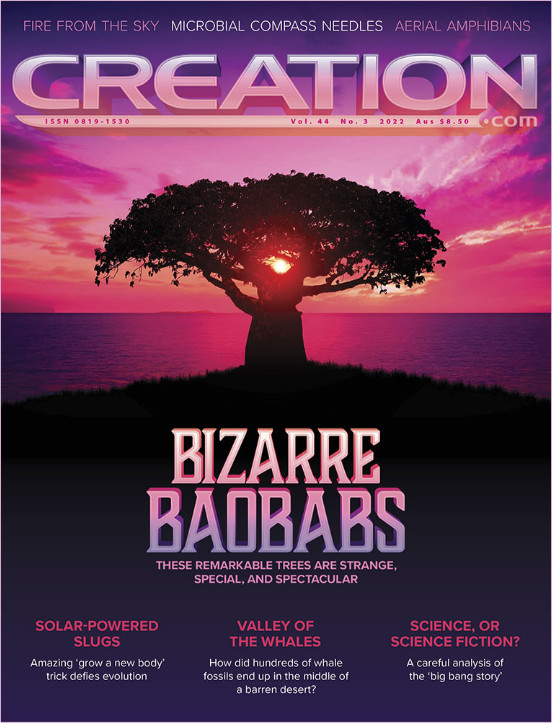Intelligent life ‘out there’ highly unlikely now

The journal Astrobiology specializes in life in outer space. This can only be speculation since there is no evidence of any life other than on Earth.
A recent paper looked at the likelihood that intelligent life arose elsewhere in the universe and effectively concluded that it’s very unlikely.
They came to this conclusion even after accepting the evolutionary narrative for how life arose on Earth. That is, they accepted that cellular life arose spontaneously from non-living chemicals, and then transitioned into more complex eukaryotic life (cells with a nucleus, mitochondria, etc.). These cells then combined to form multicellular organisms, which subsequently evolved into intelligent life. All this, of course, by mindless, naturalistic processes. No intelligence is allowed.
The authors acknowledge that at least three of these ‘transitions’ have no known plausible mechanisms. None. Nevertheless, they assume that these things must have happened on Earth over billions of years. Even assuming this happened on Earth, they reasoned that the likelihood of intelligent life arising elsewhere looks vanishingly small.
Note that it has been known for decades that the simplest living cell arising from non-living chemicals by natural processes is improbable in the extreme (see creation.com/origin-of-life). How much less likely is it that complex intelligent life arose by itself from natural processes?
- Snyder-Beattie, A.E. et al., The timing of evolutionary transitions suggests intelligent life is rare, Astrobiology 21(3):265–278, 3 Nov 2021; liebertpub.com/doi/10.1089/ast.2019.2149


Readers’ comments
Comments are automatically closed 14 days after publication.